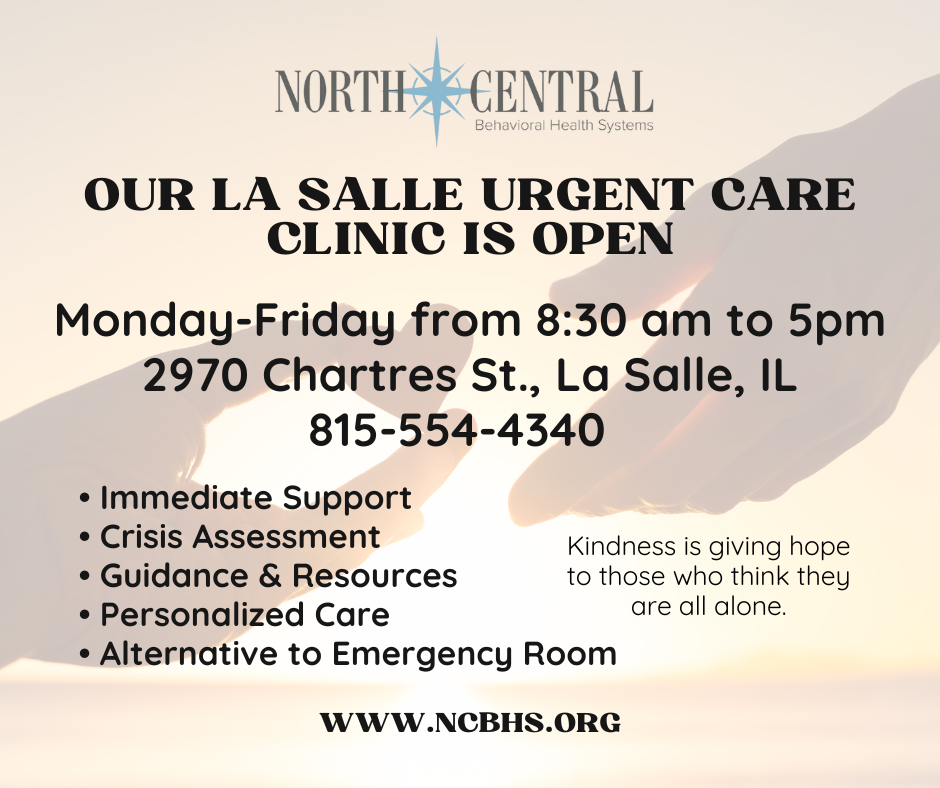Define stress: According to the National Institute of Mental Health (NIMH), stress is defined as the brain’s response to a demand.
Our Body’s Response to Stress: Each individual responds to stress differently. Some common responses include: digestive issues, headaches, feelings of sadness, feeling lethargic, irritability and difficulty sleeping.
Stress Signs & Symptoms: Signs you are experiencing a higher degree of typical daily stress might include the above mentioned physical symptoms, along with a compromised immune system, increased use of alcohol or drugs and difficulty with concentration.
At What Point Does Stress Become Too Much? Each individual’s threshold for stress differs. But, when stress begins to cause interruptions in your daily functioning such as job performance, relationships, health etc. it might be time to see a professional for additional support.
Can chronic stress cause physical problems? Yes, chronic stress can cause immunity to be lowered and lead to digestive, excretory and reproductive systems to stop working normally.
What are the wrong ways people respond to stress? Engage in unhealthy behaviors such as overeating or under eating, excessive alcohol use and drug use to name a few.
What are the correct ways to respond to stress? Seek professional help from your primary care physician, social worker, psychologist, and support system. Exercise, eating healthy balanced meals, and become familiar with your stress warning signs.
Holiday Stress Tips/Advice: Holidays can be a stressful time. Whether it’s the loss of a loved one, family conflicts, or financial difficulties, have a plan in place. It is important for both adults and children to have a structured routine around the holidays and have a backup plan. Know your stress warning signs and become familiar with the tools that work for you. Do not hesitate to seek support if stress is interfering with your daily functioning. It happens. Talking about it with someone can help immensely. Finally, trying something new can help as well. Some examples include yoga, tai chi, chiropractic support, swimming and meditation. Enjoy yourself, take deep breathes, and laugh! Maya Angelou once said, “Change the things you can and change your attitude about the things you can’t!”


